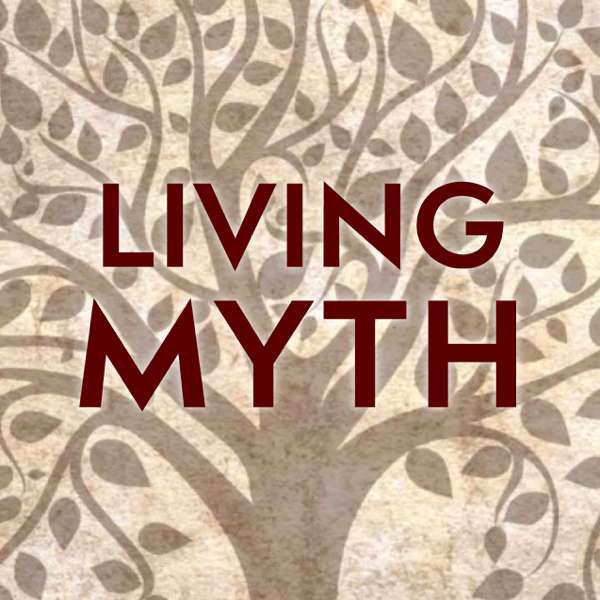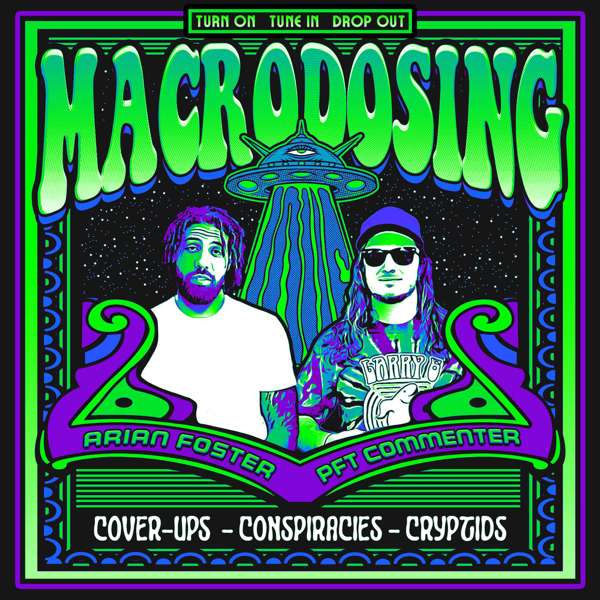Truth, delusion and psychedelic reality
Do psychedelics reveal hidden layers of reality, or are we simply tripping?
Psychedelics are back in the cultural zeitgeist, this time as a treatment for mental health issues. However, critics argue that psychedelics only work by replacing mental illness with a distorted view of reality - but, is this an accurate assessment? A study from Imperial College London suggests that after taking psychedelics people get better at future life events. Visual acuity is also known to increase, suggesting people become less delusional, not more, when taking psychedelics. Should we see the psychedelic experience as showing us something true about the nature of reality? Or is it merely a distortion?
James Rucker is a Consultant Psychiatrist and a Senior Clinical Lecturer in mood disorders and psychopharmacology at the Centre for Affective Disorders at the Institute of Psychiatry, Psychology and Neuroscience at King’s College London.
Julian Baggini is a philosopher, journalist and author of over 20 books about philosophy for the general reader. He is the co-founder and editor of "The Philosophers’ Magazine", and also writes and broadcasts for The Guardian and the BBC.
Eileen is an Ecuadorean-Scottish creative director, artist, and explorer based in London. She is the founder of Tayos, an organisation supporting the protection of endangered habitats in Ecuador as well as exploring their relationship to nature and its role in wellbeing through art, music, and science.
Don't hesitate to email us at podcast@iai.tv with your thoughts or questions on the episode!
To witness such debates live buy tickets for our upcoming festival: https://howthelightgetsin.org/festivals/
And visit our website for many more articles, videos, and podcasts like this one: https://iai.tv/
You can find everything we referenced here: https://linktr.ee/philosophyforourtimes
See Privacy Policy at https://art19.com/privacy and California Privacy Notice at https://art19.com/privacy#do-not-sell-my-info.

 Our TOPPODCAST Picks
Our TOPPODCAST Picks  Stay Connected
Stay Connected


![[지대넓얕] 지적 대화를 위한 넓고 얕은 지식](https://toppodcast.com/wp-content/uploads/2021/01/5073594-600x600bb.jpg)




